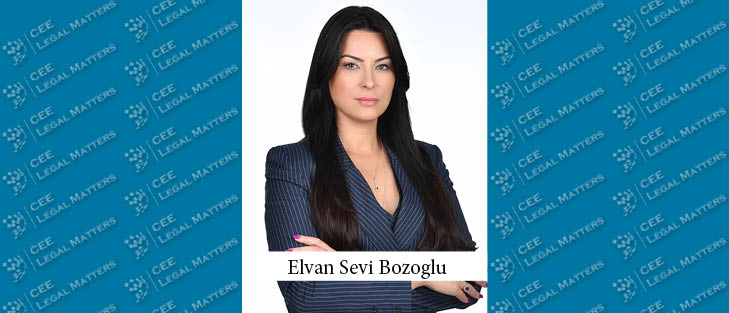On May 28, 2024, the Turkish Medicines and Medical Devices Agency (Agency) took a significant step in regulating the healthcare industry by unveiling the draft Regulation on Promotional Activities of Medicinal Products for Human Use and Foods for Special Medical Purposes (Draft). This comprehensive Draft aims to address various aspects of promotional activities, ensuring that they are conducted in a manner that upholds scientific integrity and prioritizes patient safety.
The Draft seeks to create a more transparent and fair healthcare environment. Moreover, it introduces specific restrictions to be applied to individuals and clarifications to streamline promotional practices and maintain accountability among the industry stakeholders. This regulatory effort reflects the Agency’s commitment to enhancing the standards of promotional activities within the healthcare sector and indicates the ministry’s intention to implement a more robust promotional and engagement framework.
While the Draft broadens definitions and expands the scope of implementation in certain areas, it is evident that the underlying aim is to regulate more effectively the activities of companies that sell non-pharmaceutical products, even those not yet available in the Turkish market. Also, even though the Draft claimed to be published to provide clearer guidance, it seems to be introducing new ambiguities and interpretation challenges for the industry. Below are some highlights:
Expanded Profession Scope for Scientific Service Departments: The Draft broadens the range of professionals eligible for scientific services to include biologists, biomedical engineers, and chemists. This addresses a significant industry issue by incorporating a wider array of qualified experts, enhancing the quality and diversity of scientific discourse.
Inclusive Scientific Meetings: The definition of scientific meetings now encompasses national and international associations involving newly included professions, i.e., psychologists. This expansion facilitates booth participation and satellite symposiums at such meetings, increasing opportunities for valuable interactions and collaborations with professionals other than physicians, pharmacists, and dentists.
New Restrictions for Promotional Documents: The definition of promotional materials has been added in the Draft. Thus, a clear distinction is made between promotional equipment and promotional materials. The Draft prohibits product promotion and distribution of promotional materials at meetings held outside healthcare institutions, including electronic scientific meetings. This approach underscores the Agency’s commitment to fostering a professional and ethical environment in the promotion of medicinal products and food for special medical purposes.
Further Transparency in Promotional Materials: License or permit holders must record promotional materials in the Agency’s electronic database before distribution. This measure, while increasing transparency, may slow down promotional activities due to the additional administrative step required.
Change to the Transfer of Value Notification Threshold: The Agency has reduced for the limit of value transfer to healthcare professionals, healthcare institutions/organizations, and non-governmental organizations established for the protection and promotion of health from 10% of the gross monthly minimum wage to 5% the limit, further increasing the Agency’s control over promotional activities.
Patient Support Programs Regulation: The nature of patient support programs is not related to promotion of the products; rather, patient support programs aim to ensure patients have access to the products they need. Yet, patient support programs are regulated under the Draft. The prevailing opinion is that the regulation pertaining to patient support programs should not be included in the Draft but should have a separate regulation.
Scientific Meetings Registration: The organization that conducts the scientific meeting must register in compliance with the Draft and relevant guidelines. However, details on the registration process and evaluation remain unclear and need further elaboration.
Prohibition of Influencers: The Draft prohibits the use of well-known influencers for promotion, a positive step toward maintaining scientific integrity.
Fee-Based Application Clarification: With the introduction of fees for applications for promotional activities, the question arose as to whether the date of application should be considered as the date the fee is paid or the date the application is made. This distinction is crucial for timely application processing.
Revised Administrative Sanctions: Administrative sanctions now encompass warnings and prohibitions on promotional activities that can last from one month up to one year. This offers a clearer and more structured approach to compliance enforcement. On the other hand, while the Draft permits the Agency to apply sanctions to individual healthcare professionals and healthcare organizations along with the marketing authorization/permission holders, the implementation methods remain unclear.
While it is uncertain how many of these regulations in the Draft will be included in the final version, all these draft amendment provisions indicate the ministry’s intention to exercise stricter oversight over promotional activities.
By Elvan Sevi Bozoglu, Partner & Head of Life Sciences, Balcioglu Selcuk Ardiyok Keki Attorney Partnership
This article was originally published in Issue 11.7 of the CEE Legal Matters Magazine. If you would like to receive a hard copy of the magazine, you can subscribe here.
















